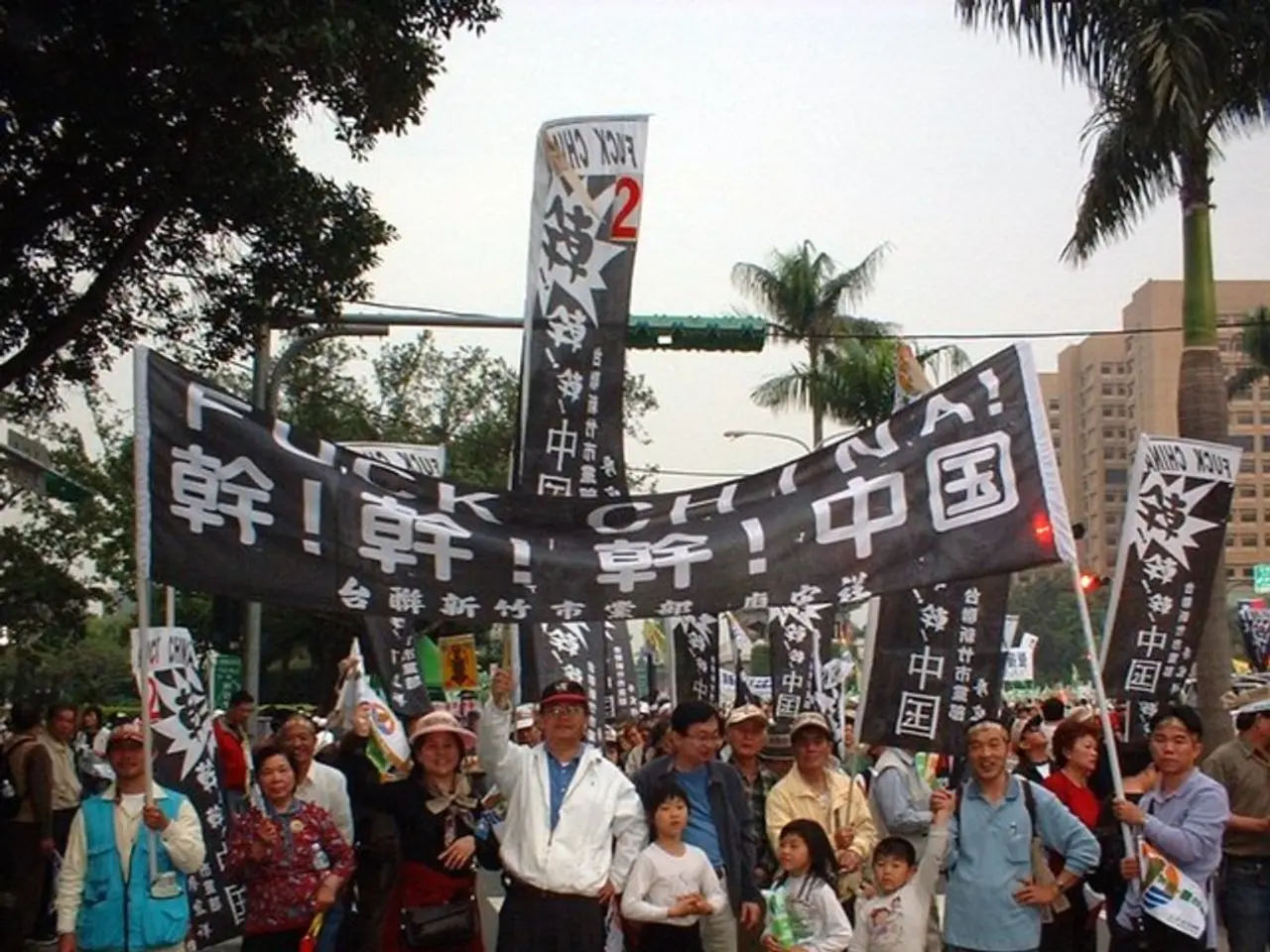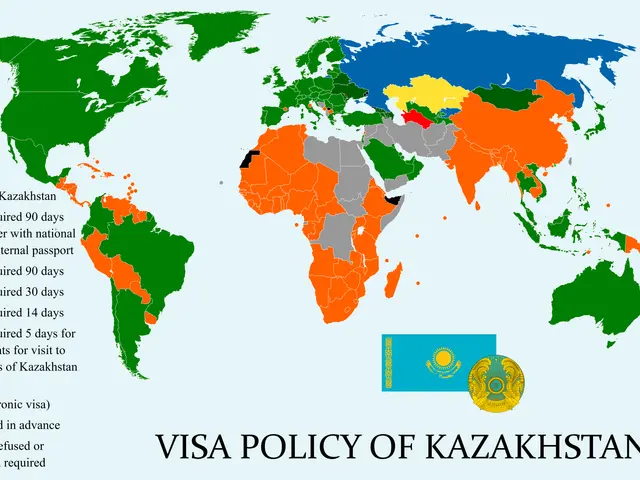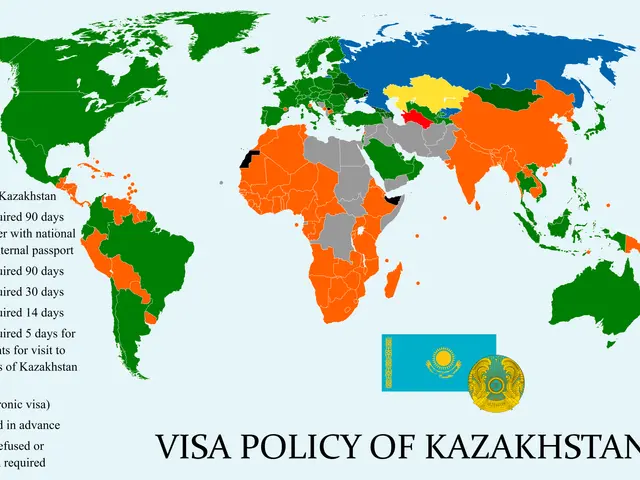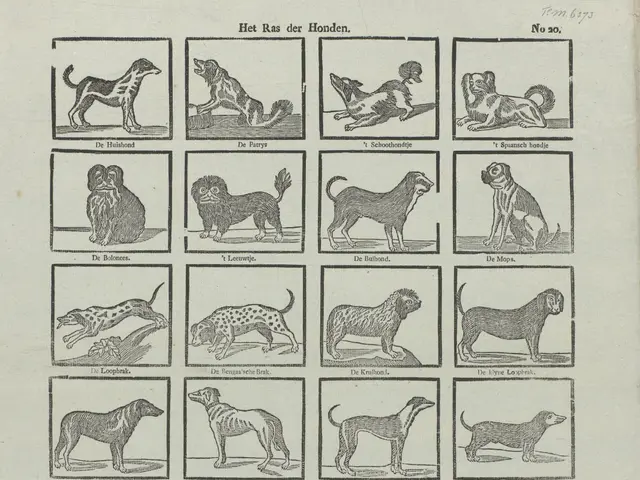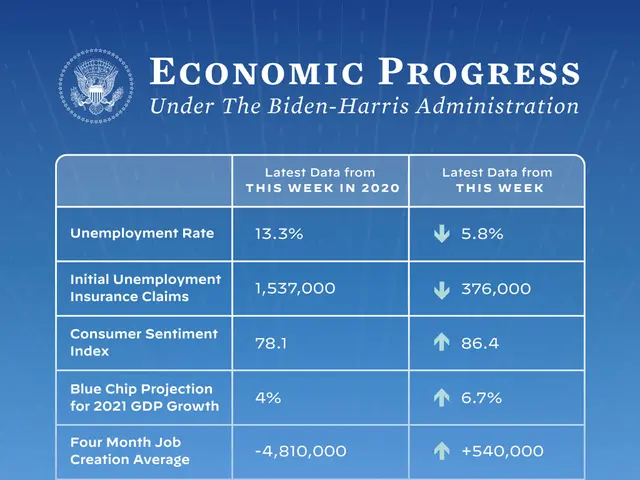Escalating conflict in Sudan has prompted the United Nations to announce a critical gender crisis, highlighting the disproportionate impact of the ongoing violence on women and girls.
The ongoing conflict in Sudan has plunged the nation into a severe humanitarian crisis, affecting over 30 million people who urgently need lifesaving aid, according to reports. More than 14.3 million people have been forced to flee their homes, with women and children making up the majority of those displaced.
The United Nations (UN) has declared a gender crisis in Sudan, highlighting the alarming conditions faced by Sudanese women and girls. The UN Women Representative in Sudan, Salvator Nkurunziza, stated that the current situation is a "gender emergency" caused by a failure of gender-responsive action.
The health system in Sudan is devastated, leading to widespread outbreaks of cholera, measles, and malnutrition, especially among children. Access to health services, particularly for maternal and reproductive care, is severely limited, putting the lives of pregnant women and their babies at risk.
Humanitarian convoys are frequently attacked, and aid workers are often targeted or caught in crossfire, hindering efforts to provide aid. Displaced women in refugee camps and temporary shelters face increased risks of exploitation, including assault, forced labor, and trafficking. Many organizations have been forced to scale back or suspend their operations, leaving vulnerable populations without critical support.
Widespread reports of sexual violence and exploitation have been documented in Sudan. Women and girls are subjected to rape, forced marriages, and trafficking. Amnesty International reports from the ground indicate that young girls are being coerced into sexual slavery by armed groups.
The prolonged conflict and siege of areas like El Fasher have trapped many women and children in dire conditions, with scarce food, health services, and protection. The situation has become a humanitarian emergency with lasting consequences.
International organisations, including UN Women, the International Rescue Committee (IRC), Women for Women International, Médecins Sans Frontières (MSF), and the Sudanese Organisation for Research and Development (SORD), are working tirelessly to provide aid and support to the displaced population. They emphasise the urgent need for targeted interventions to address the gender emergency and protect women and girls from violence.
UN research shows that when women are included in peace processes and political negotiations, the outcomes are more sustainable and inclusive. The UN calls for an end to hostilities and unimpeded humanitarian aid to alleviate the suffering of the Sudanese people.
In summary, Sudan is facing a catastrophic humanitarian and gender crisis characterized by mass displacement, extreme food insecurity, deteriorating health services, and widespread sexual violence against women and girls. Urgent international action is needed to mitigate these impacts and ensure the safety and wellbeing of the Sudanese people.
[1] UN Office for the Coordination of Humanitarian Affairs (OCHA) [2] UN Women [3] International Rescue Committee (IRC) [4] Médecins Sans Frontières (MSF) [5] Amnesty International [6] Sudanese Organisation for Research and Development (SORD)
